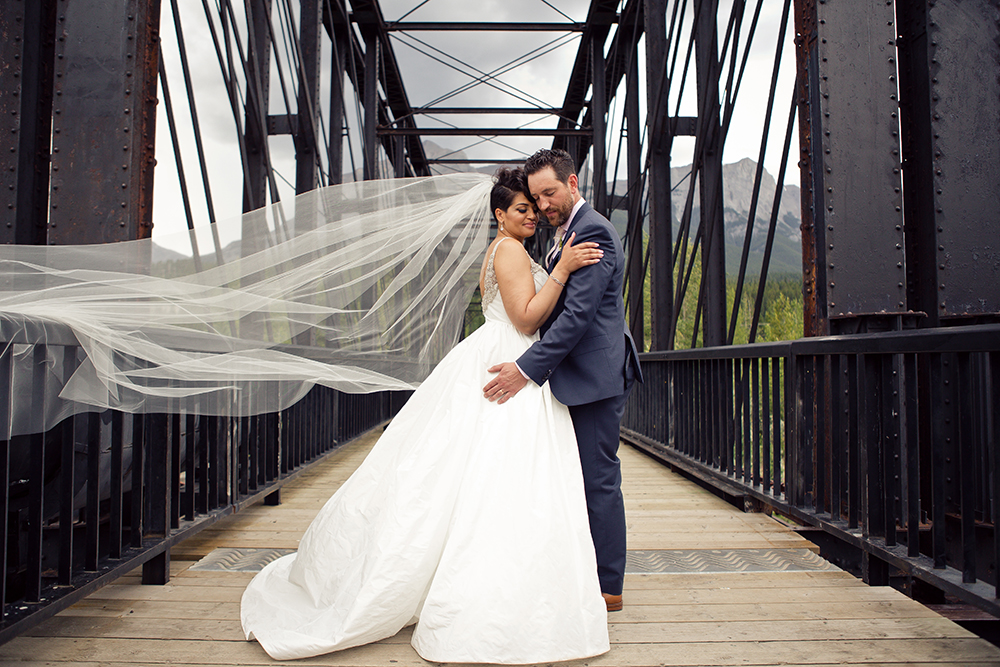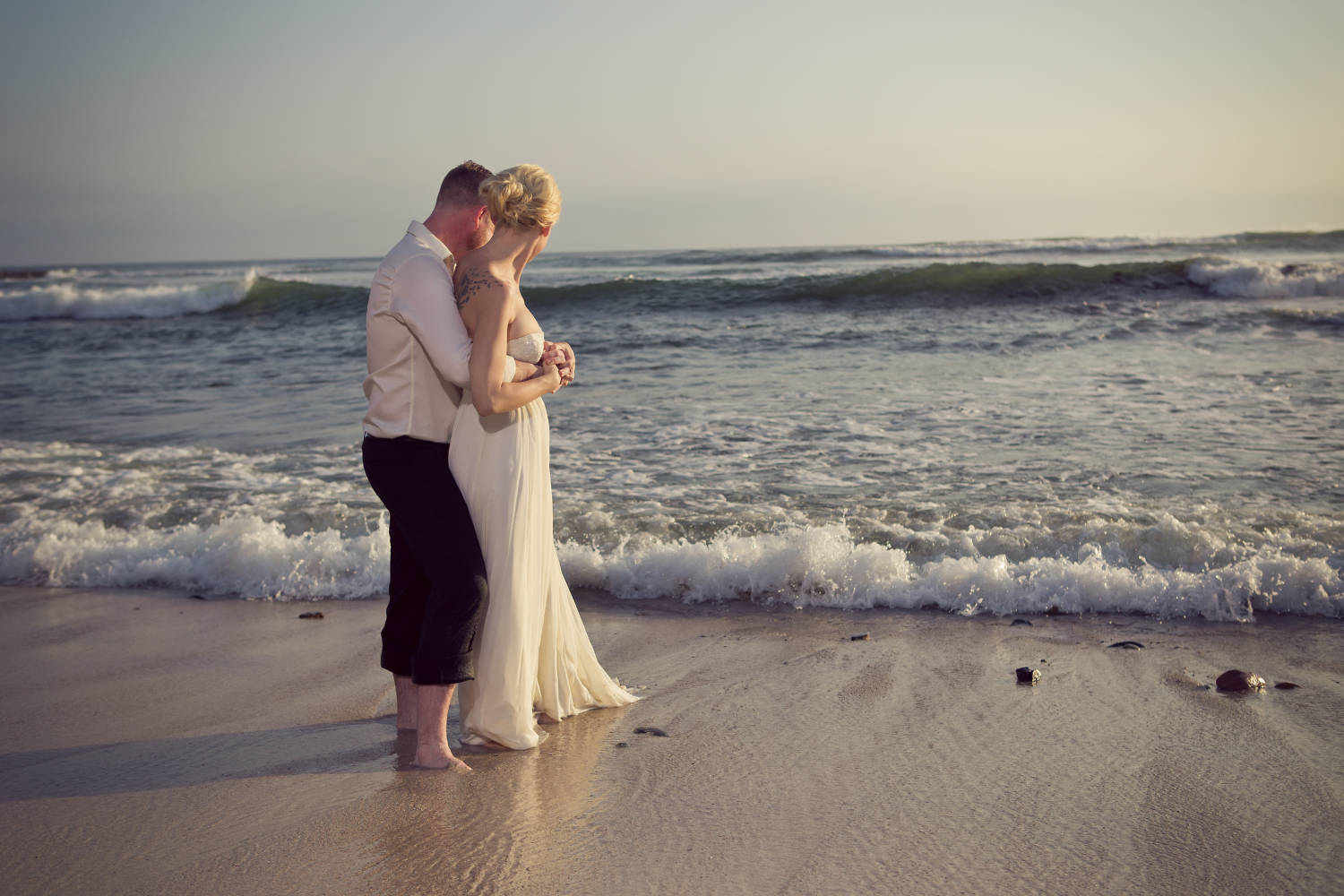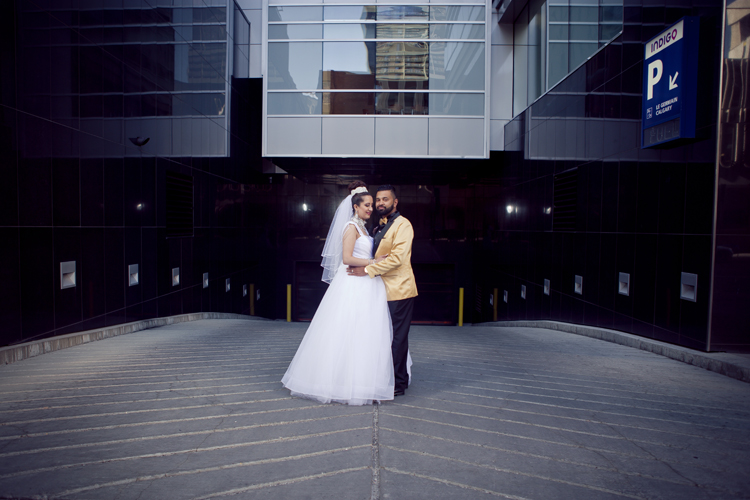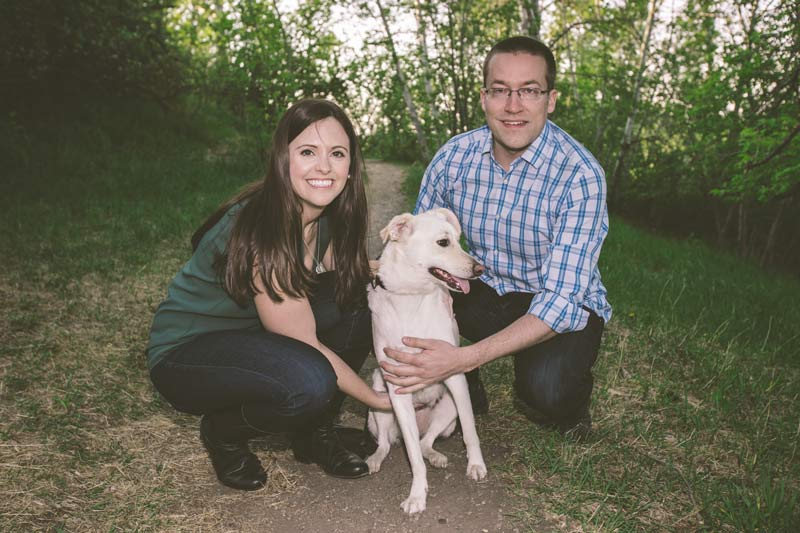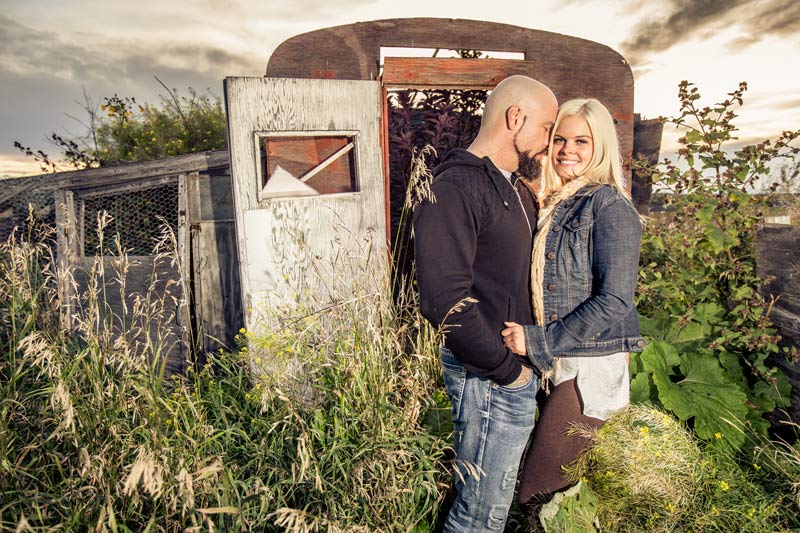Portraits From the Forbidden Priesthood of Women.
The Roman Catholic Church prohibits women from being ordained. Canon law 1024 states that, “A baptized male alone receives sacred ordination validly.” In 2002, a movement now called Womenpriests defied church decree and ordained seven women on the Danube River in Germany. Since then, over 200 women worldwide have been “ordained” or are training for “ordination” in the Womenpriests movement.
In 2013 Italian photographer Giulia Bianchi set out to document the lives of some of these women. I corresponded with Bianchi over email and asked her about her experiences photographing Womenpriests and those they serve.
NOTE: The following images depict Womenpriests as well as the men and women who they have served.

JANNA DOTSCHKAL: How did you discover this story? What made you interested in photographing religious women?
GIULIA BIANCHI: I am a feminist. I really felt the need to reach out to women teachers who were examples of wisdom. I sent many letters throughout the United States: I wrote to radical feminist philosophers, women in politics, and some religious figures. In February of 2013, I was invited by Diane Dougherty, an Irish-American woman in her 70s, to visit her community of “wandering Catholics.” She defined herself as a Roman Catholic “priest” even though the Vatican says that this is theologically impossible. She told me she was working with LGBT youth.
Since I was familiar with the Catholic religion, I was intrigued by this paradox. I learned that she was a former nun and that she had been excommunicated. I was disinterested in the affairs of the church, but I was interested in her and her rebellion toward the church.

JANNA: How did you find these women?
GIULIA: What was supposed to be a short visit to the U.S. became an adventure. From March until June I went on a road trip with Diane from Atlanta to Kentucky. I got in touch with more women. I went to Chicago, then Washington, D.C. Diane opened up a whole world of contacts and experiences for me.
I’ve met more than 70 Roman Catholic Womenpriests across the U.S. In February, I went to Colombia for one month, and I’m planning to spend this summer in Austria and Germany and eventually photograph the ordination of new Womenbishops in the U.S. in September.

JANNA: Where do the women receive training if ordination is not technically allowed?
GIULIA: Most of them are ordained through an organization called Roman Catholic Womenpriests. It is organized as a circle with no hierarchical leadership. It offers a seminary program of two years that includes feminist and liberation theology.

JANNA: Do any of the women’s stories stand out in particular? What surprised you the most about the women you met?
GIULIA: My last trip to Colombia was in February 2015, and there I met Blanca Cecilia Santana Cortés, a candidate for priesthood, who left an impression on me.
Blanca works especially with mujeres de la prostitution—sex workers—and with Afro-Colombian women that live in extreme poverty. She doesn’t provide for them like a charity would do—she educates them to be free individuals, to fight for their rights, to be feminists. She teaches them how to work and provide for their families. She doesn’t teach them to be Christian, but to be like Christ, and to follow the Gospel’s teachings.

JANNA: Why did you choose this style of portraiture for the project?
GIULIA: I wanted to create a sort of spontaneous “family album” feel to the portraits to make them accessible to every viewer in an intimate way.
I’m often using complex lighting and a large format camera, but I want the photographs to look personal and naive. I want the images to be about the women, their personalities, and their femininity.

JANNA: How did you get the women to pose and relax for you?
GIULIA: I spend a lot of time with them. I’m very patient and I talk a lot about everything I’m doing and why I’m doing it. They don’t like being in front of a camera, but they like being with me.

JANNA: What was it like to shadow Womenpriests?
GIULIA: When I visit and live with Womenpriests I’m not really behaving as a journalist. I interview them a lot, but usually it is more of a dialogue. Sometimes I photograph them a lot and sometimes very little. I listen to my intuition.
They taught me what it means to be a prophet today, how to change yourself and the world, and what is worth believing. I was shown a model of an alternative world, one where everyone is working with love. A world where if there is no justice for the smallest and the weakest, then there’s no justice at all.
They all asked me if I was still Catholic, and when I said that I wasn’t, some of them sobbed: “The church really lost your generation.” None of them tried to convert me back—they had no labels or boxes for spirituality.

JANNA: What were these women doing before they were ordained?
GIULIA: Many were nuns, others were catechism teachers, chaplains, missionaries, social operators, presidents of nonprofit associations, charities, etc. I would say that they all have impressive resumes and are very highly educated.
Today they are engaged in various fronts: ecology, educating refugees, theology, social justice, missionary work, and building all-inclusive Catholic communities. Few of them are hermits or mystics. Most are working hard to make this society more loving and just.

JANNA: What happens if they are excommunicated?
GIULIA: To be excommunicated means they will lose any salary, retirement benefits, housing, or job that they or their relatives might receive from the church. They cannot take the sacraments in most parishes but they can create their own parish. Sometimes this is what they end up doing. Other times, the priesthood is practiced very much like it was in the early church: The liturgy is at home, among families.

JANNA: What is the future of this situation? Do you think the church will change its stance?
GIULIA: Many women have told me: “We’re doing this for the future; we’re not going to see a change in our lifetime.” I don’t think this is going to change anytime soon. It’s about power, not beliefs.
JANNA: What emotions or thoughts does this project evoke for you?
GIULIA: You know, when you meet the best people in your life, you want to be like them.
See more of Giulia Bianchi’s work on her website, and follow her on Twitter andInstagram.
